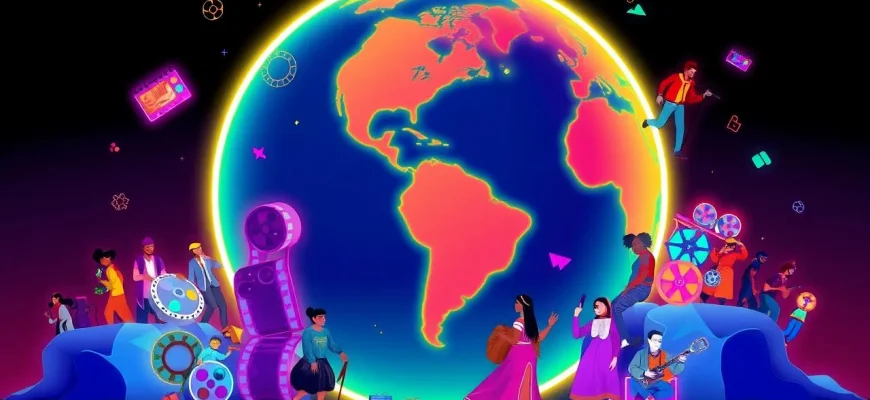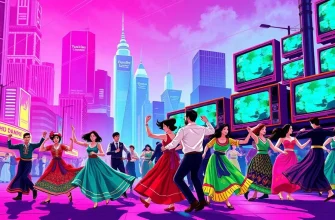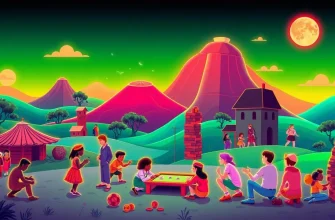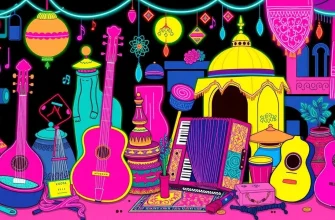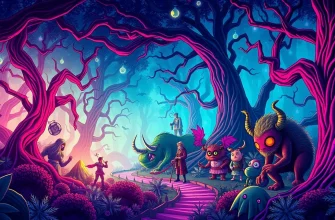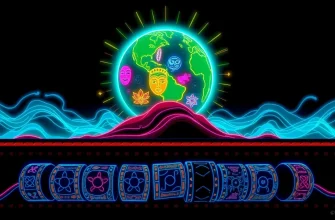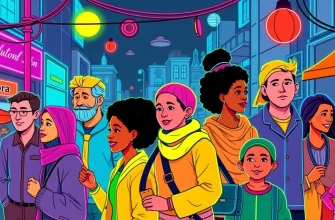Embark on a cinematic journey through the lens of cultural diversity with this curated list of documentaries. Each film offers a unique perspective on the myriad ways in which cultures differ, intersect, and evolve. These films not only entertain but also educate, providing insights into the human condition, fostering empathy, and celebrating the beauty of our global community. Whether you're a seasoned cinephile or a curious explorer of world cultures, these documentaries will enrich your understanding and appreciation of the diverse world we inhabit.

The King of Kong: A Fistful of Quarters (2007)
Description: While seemingly about video game competition, this documentary delves into the cultural significance of arcade games in American culture and the personal stories of its competitors, reflecting on cultural identity and obsession.
Fact: The film has inspired a cult following and several spin-off documentaries.
 Watch Now
Watch Now
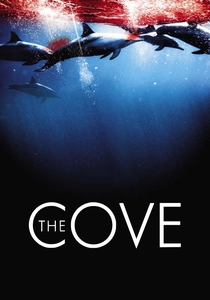
The Cove (2009)
Description: While primarily focusing on dolphin hunting in Taiji, Japan, this film also delves into the cultural attitudes towards marine life and conservation, highlighting cultural clashes over environmental ethics.
Fact: The film's director, Louie Psihoyos, used hidden cameras and covert operations to film the dolphin hunt.
 Watch Now
Watch Now
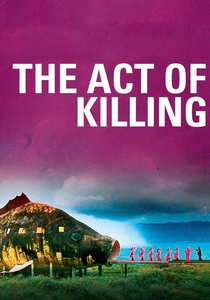
The Act of Killing (2012)
Description: This documentary explores the cultural memory of the Indonesian genocide through the eyes of the perpetrators, offering a chilling insight into how societies deal with their past atrocities.
Fact: The film was banned in Indonesia but has been critically acclaimed worldwide.
 Watch Now
Watch Now
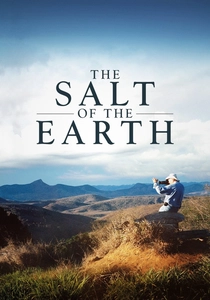
The Salt of the Earth (2014)
Description: A journey through the work of photographer Sebastião Salgado, this film examines the human condition and cultural landscapes, from the Amazon to the Sahara, showcasing the beauty and brutality of human diversity.
Fact: The film was nominated for an Academy Award for Best Documentary Feature.
 Watch Now
Watch Now
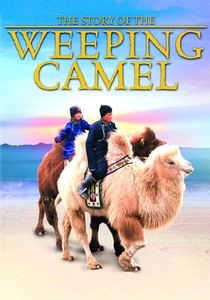
The Story of the Weeping Camel (2003)
Description: This documentary captures the life of a nomadic family in Mongolia, focusing on their unique tradition of healing a camel by playing music, showcasing the deep cultural practices of the Gobi Desert.
Fact: The film was shot over a period of six months to capture the natural rhythm of the family's life.
 30 Days Free
30 Days Free
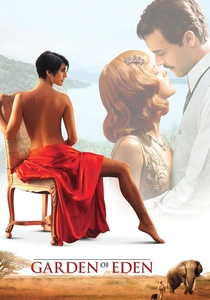
The Garden (2008)
Description: This documentary tells the story of the South Central Farm in Los Angeles, highlighting the cultural significance of community gardens and the fight for land rights among diverse ethnic groups.
Fact: The film was instrumental in raising awareness about urban farming and land rights.
 30 Days Free
30 Days Free
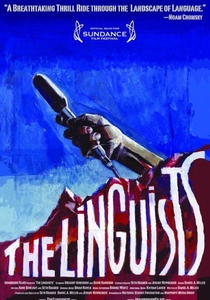
The Linguists (2008)
Description: Follow two linguists as they travel the world to document dying languages, offering a poignant look at cultural erosion and the efforts to preserve linguistic diversity.
Fact: The film was nominated for an Emmy Award for Outstanding Science and Technology Programming.
 30 Days Free
30 Days Free
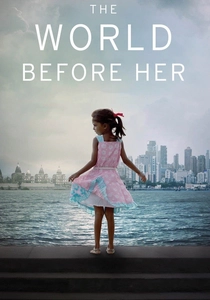
The World Before Her (2012)
Description: A compelling look at the contrasting lives of two young Indian women, one training to be a beauty queen and the other a member of a Hindu nationalist camp, showcasing the cultural divide in modern India.
Fact: The film won the Best Canadian Feature Documentary at the 2012 Hot Docs Canadian International Documentary Festival.
 30 Days Free
30 Days Free

The Human Family (2016)
Description: This film explores the universal aspects of family life across different cultures, highlighting both the common threads and the unique cultural practices that define family in various parts of the world.
Fact: The film was shot in over 20 countries, capturing the essence of family life from the Arctic to the Amazon.
 30 Days Free
30 Days Free

Born into Brothels (2004)
Description: This Oscar-winning documentary follows children born to prostitutes in Calcutta, India, as they learn photography, revealing their lives and the stark cultural contrasts within their environment.
Fact: The film won the Academy Award for Best Documentary Feature in
 30 Days Free
30 Days Free

